A common theme emerged in many of the startups featured at this year’s Entrevestor Live conference Tuesday: their business models are “ridiculously ambitious,” to quote Planetary Technologies CEO Mike Kelland.
He was describing his own company as much as anyone else’s. Planetary is developing technology to combat ocean acidification on a mass scale, and is one of two companies at this year’s event to be in the running for an XPRIZE — a series of global, multi-year innovation competitions with prizes in the eight or nine figures.
Atlantic Canada’s strong showing in those competitions reflects a broader trend of the most promising companies in the region often focusing on large-scale, deeptech innovations, despite that model being traditionally viewed as a more challenging way to build a business.
“Doing something that’s ridiculously ambitious is sometimes easier than not,” said Kelland during our panel on XPRIZE finalists. “That sounds really counter-intuitive, but you don’t have a lot of competition. … Everybody thinks you’re a little bit crazy, but also, it's inspiring, and people will want to join your team.”
Our goal, when we host Entrevestor Live, is to highlight the Atlantic Canadian startups that have significant global sales and demonstrate how entrepreneurs can grow market-leading companies within the East Coast ecosystem. This year, the gathering was hosted by Ellen Farrell, a professor at Saint Mary’s University and a key architect of its entrepreneurship programming.
Planetary Chief Exec Kelland was joined onstage by Jennifer Wagner, who was previously the president of XPRIZE winner CarbonCure, as well as Marc St-Onge, whose SmallFood is currently a finalist. At Entrevestor Live, St-Onge was waiting to hear if SmallFood and its partner have been selected for the final three in their competition.
Planetary is among the top 20 finalists for the US$100 million Carbon Removal XPRIZE. SmallFood, which is developing algae-based food that mimics conventional protein sources like fish, is a finalist for the US$15 million XPRIZE: Feed the Next Billion. And CarbonCure, which uses carbon emissions to cure concrete, was the 2021 co-winner of an earlier Carbon XPRIZE, bagging US$7.5 million.
At Entrevestor Live, we also highlighted companies like marine electrification specialist BlueGrid and next-generation battery-maker Zen Electric, which grew out of research at Dalhousie University. Like the XPRIZE companies, these businesses are notable for their focus on commercializing bona fide scientific breakthroughs.
“I think that is the secret sauce, or the key differentiator for this community, is that you can really lean in on that notion of doing something ridiculously ambitious” said Iain Klugman, the pioneering figure who founded Canada’s premiere startup hub, Kitchener-Waterloo-based Communitech, at a time when there was little precedent for such a business north of the border.
“It’s not just about software, it’s not just about digital,” he added, describing himself as particularly impressed by the East Coast’s oceantech and cleantech activity. “There are so many areas of opportunity that I see people pushing on here in a big way.”
Here’s a look at all of Tuesday’s speakers and sessions:
Chair and Host: Dr. Ellen Farrell
Ellen Farrell is a professor of venture capital and entrepreneurship at Saint Mary’s University in Halifax. She is a national-award winning mentor and expert in VC, and an advocate for venture capital as a way for founders to grow scalable growth companies. She has overseen the university’s Master of Technology, Entrepreneurship and Innovation program and its cutting-edge programs in venture capital. Her company, InvestorQ&A, is commercializing a new software product aimed at helping women founders perform better during question and answer sessions with investors.
Panel: Xprize Finalists (Moderated by Jennifer Wagner)
Jennifer Wagner
As a Fellow with Jeff Bezos- and Bill Gates-backed Breakthrough Energy Ventures, Jennifer Wagner has served as a fractional executive and advisor to more than a dozen early-stage climate tech startups in industries ranging from green chemicals to cement. The past President of CarbonCure currently works as a consultant with cleantech companies around the world.
Marc St-Onge
Marc St-Onge is a serial entrepreneur who exited his first company, Ascenta, in 2015. He has since co-founded Aycoutay Technologies and founded Bend Beauty and Smallfood Inc. Smallfood and its partner Terra Bio of Toronto are finalists for the Feed the Next Billion XPRIZE competition, which features a US$15 million prize pool.
Mike Kelland
A serial entrepreneur since the age of 12, Mike Kelland sold his software consultancy BoldRadius Solutions, to Lightbend in 2016. In 2019, he was the driving force behind the launch of Planetary Technologies, which aims to capture carbon and sequester it in the world’s oceans. It is a finalist in the US$100 million Carbon Removal XPRIZE, for which it has already won a $1 million interim award.
A Fireside Chat with Rachael Craig (Moderatd by Dr. Ellen Farrell)
A former employee with Brilliant Labs, Rachael Craig left Halifax for the West Coast where she co-founded and was CEO of San Francisco-based MotionHall, which developed software that provided data to help biotech companies accelerate deals in drug discovery. Recently, London-based information provider Clarivate Plc bought the assets of MotionHall for an undisclosed sum.
A Fireside Chat with Erin Barrett (Moderated by Heather Libbey)
Heather Libbey
Heather Libbey, Vice-President of Strategy and Operations at the New Brunswick Innovation Foundation, is a true champion of growth in New Brunswick, holding a number of senior economic development roles in her career. Last year, she moderated a discussion on Radian6 at Entrevestor Live and ww were delighted to welcome her back.
Erin Barrett
After establishing herself as a senior leader at the national telecom company Xplornet, Erin Barrett joined Eigen Innovations in 2018. After serving as VP Strategy and Chief Revenue Officer, she became CEO in 2022. She described her company’s success using AI to help some of the world’s largest manufacturers manage large amounts of data and identity the causes of quality control issues at factories via machine vision.
Panel: Novonix and the Battery Ecosystem (Moderated by Louise-Anne Comeau)
Louise-Anne Comeau
Louise-Anne Comeau is the Vice-President of New Energy Markets and Innovation at Emera. Before joining Emera in 2016, Louise-Anne ran her own company Comeau + Cie in London, England, and held senior positions with both multi-nationals and startups.
Novonix Battery Testing Services President Lori McLeod
Lori's entrepreneurial journey began at STI Technologies, a Halifax startup that exited in 2017. In 2022, she joined leading battery research company NOVONIX, which was spun out of Dr. Jeff Dahn's renowned lab at Dalhousie University. In August 2023, she became President.
Andrew Boswell
A serial entrepreneur, Andrew Boswell was a co-founder of Rimot, a startup aiming to help organizations monitor their remote infrastructure. After a pivot, the company is now known as BlueGrid and is producing software to help marine vessels take energy from and return energy to the grid, with Boswell as CEO.
Dr. Kriti Yadav
After a range of senior roles in India, the U.S. and Canada, Kriti joined Zen Energy last year as the Head of Strategy and Operations. In this role, she helps to guide current operations and shape the future at the company, which develops advanced batteries for light electric vehicles.
A Fireside Chat with Dash Hudson (Moderated by J.P. Furey)
J.P. Furey
J.P. Furey has served as both CFO and CEO at leading startups, and is now a Halifax-based partner with Grant Thornton. He describes himself as a passionate business advisor, on a mission to help Nova Scotian businesses grow and succeed.
Tomek Niewiarowski
After working on startups in his native Poland, Tomek Niewiarowski came to Dalhousie for a Masters in Computer Science. In Halifax, he teamed up with an Innovacorp venture capital executive, Thomas Rankin. Together they formed Dash Hudson, whose visual AI platform helps brands create visual assets for their marketing campaigns.
Jill Hennigar
Skilled in investor relations, communications, talent management, governance and assurance, Jill Hennigar joined Dash Hudson after spending 11 years at Emera. She is now vice president of operations.
A Fireside Chat with Iain Klugman (Moderated by Peter Moreira)
Peter Moreira
Peter Moreira has spent more than 40 years in journalism in Asia, Europe and North America. His postings include London Bureau Chief for The Deal, European banking correspondent for Bloomberg, banking reporter for the South China Morning Post, and a stint at the Canadian Press's parliamentary bureau in Ottawa.
Iain Klugman
Iain Klugman founded and led Canada’s premiere startup hub, Communitech, in Kitchener-Waterloo. Having served as a board member and/or advisor to such groups as Volta and ACOA, he is intimately familiar with the East Coast startup community. Now the CEO of the NorthGuide consultancy, his decisive opinions are known for sparking lively discussion.
The Entrevestor team would like to thank yesterday's participants and audience for creating such an informative and community-building event.



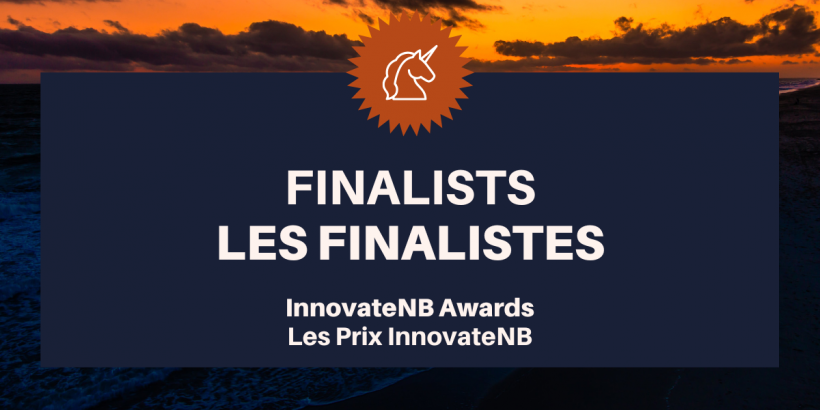

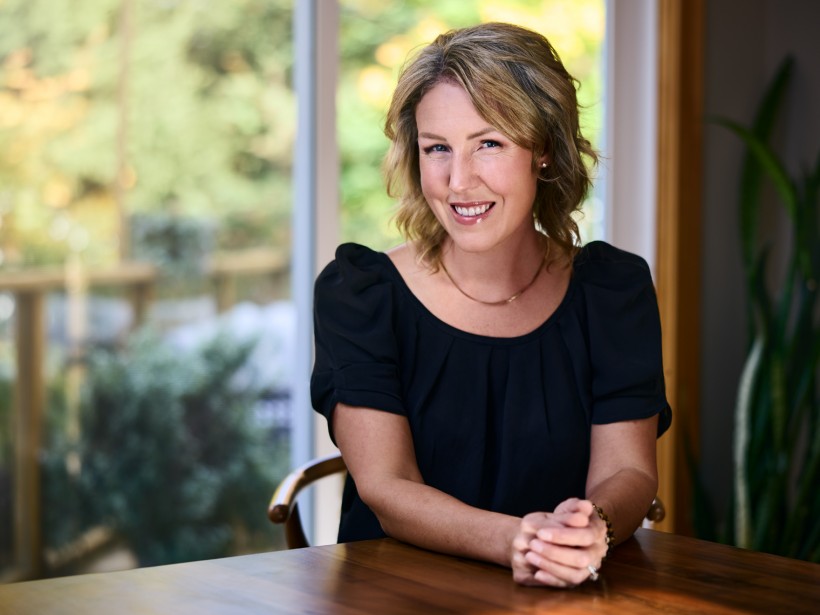

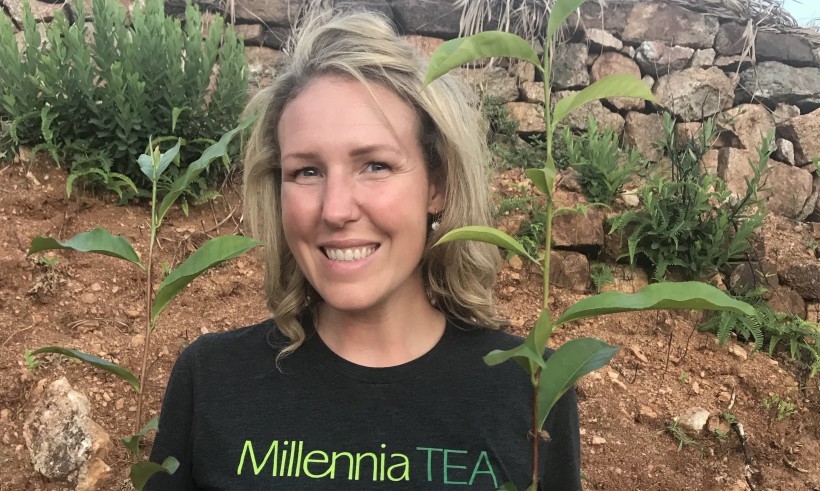
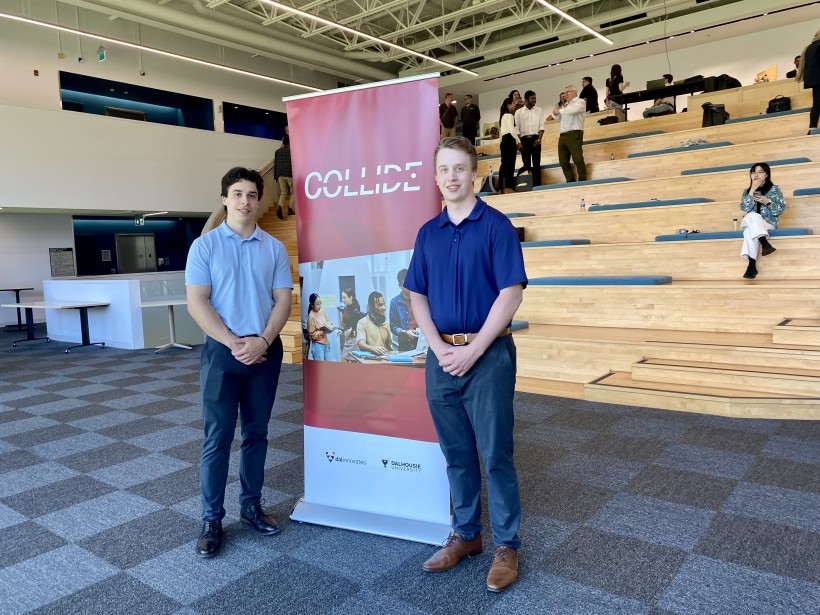







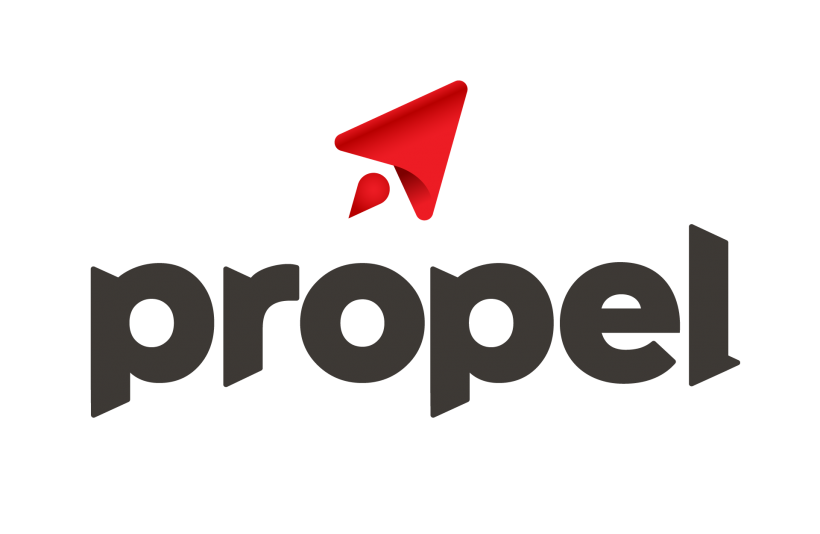


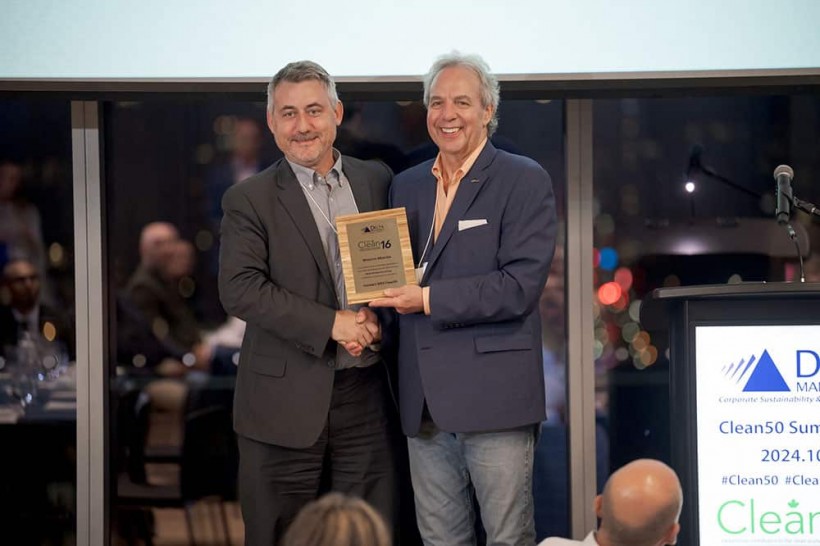
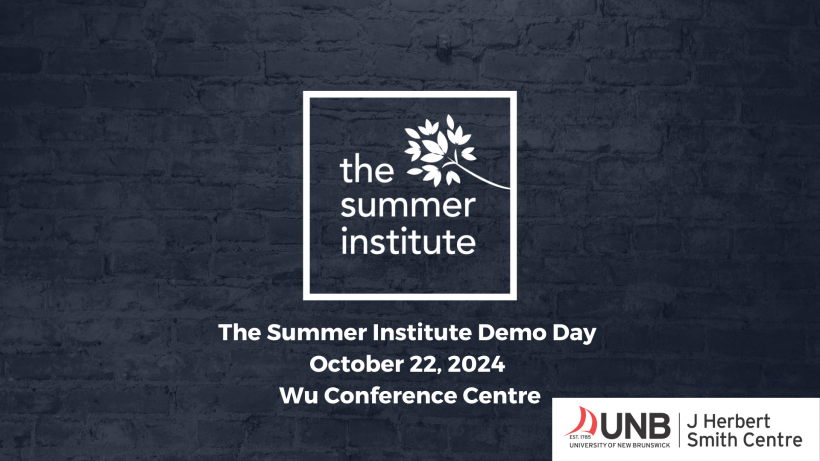

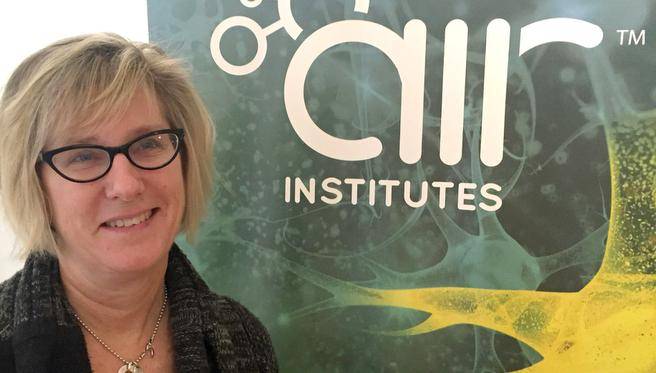
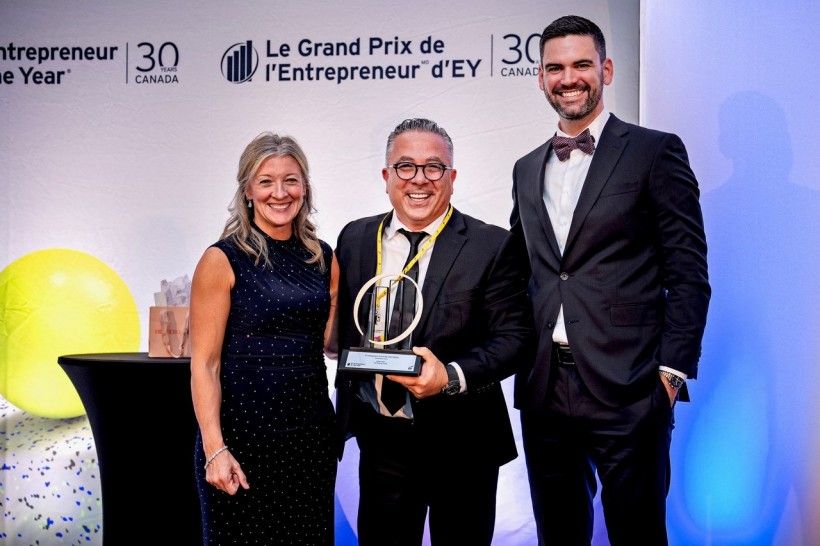






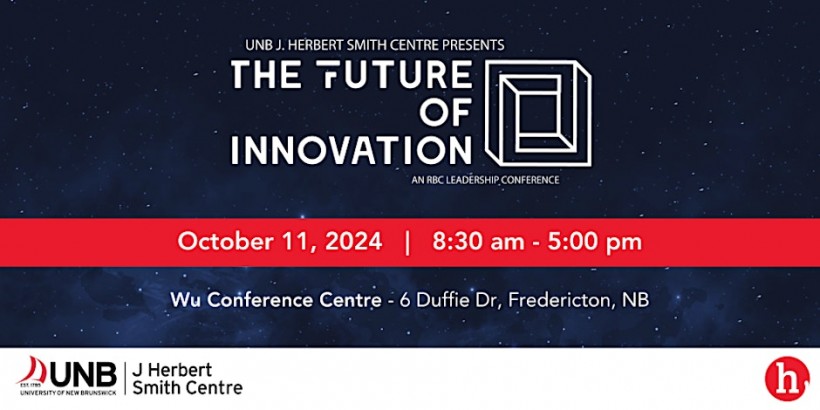
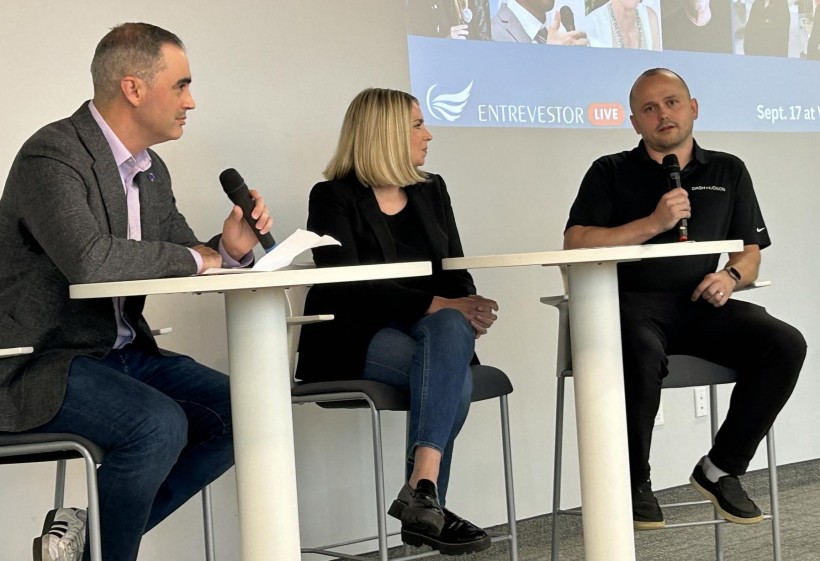

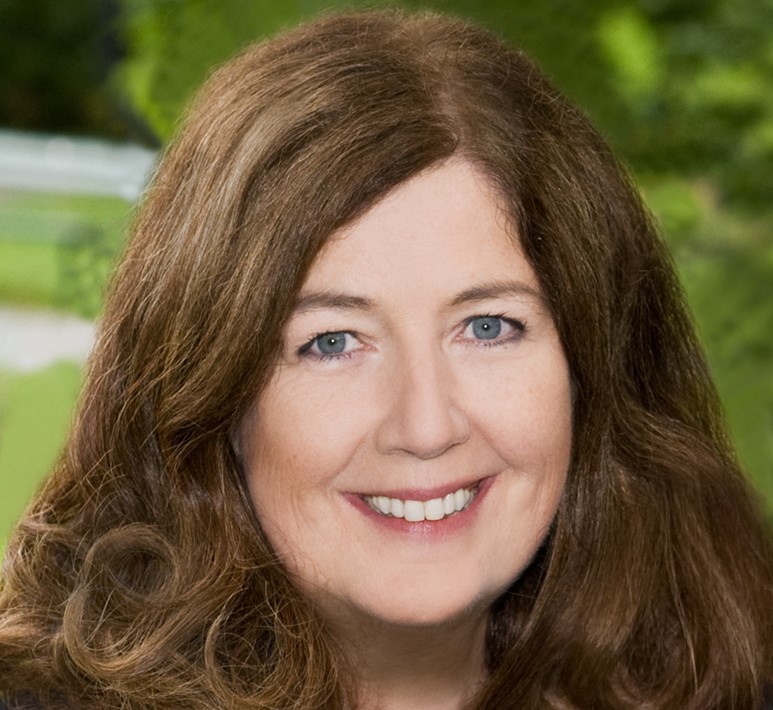




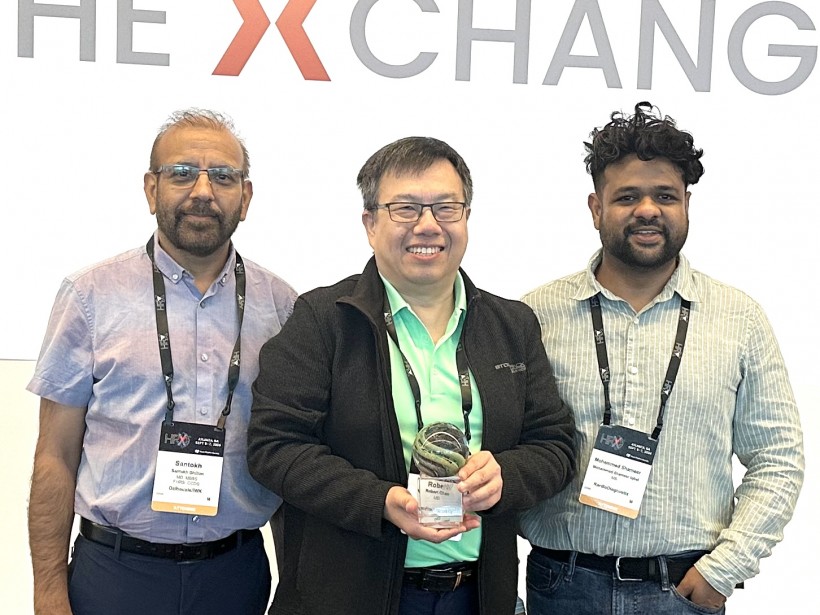
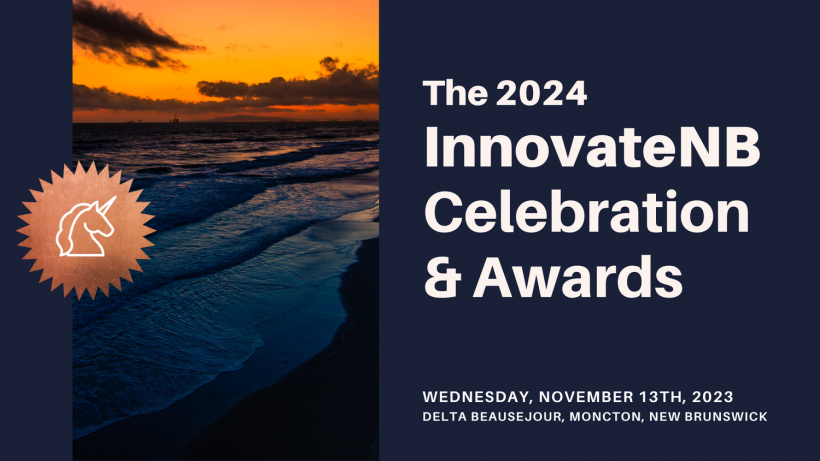
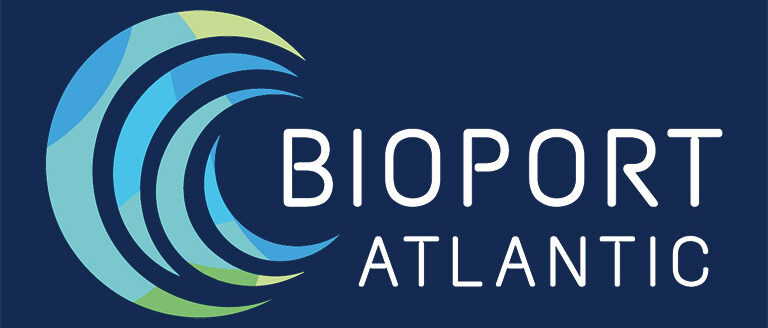
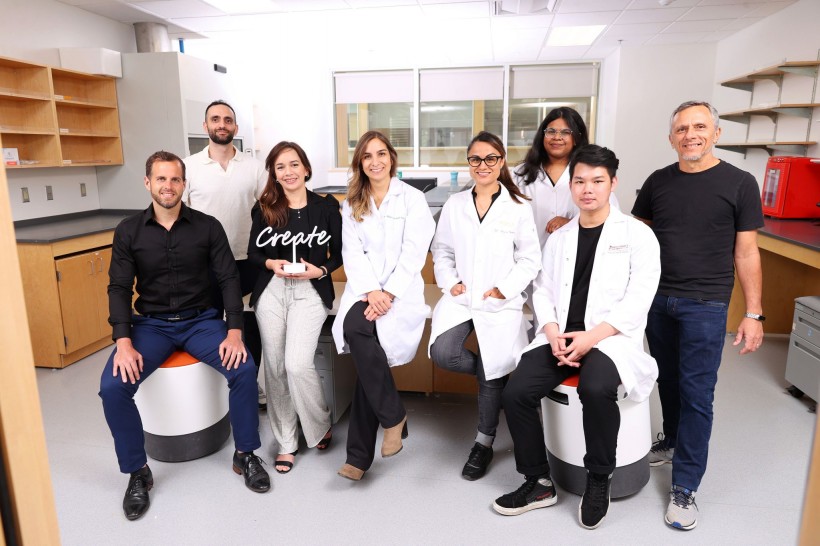
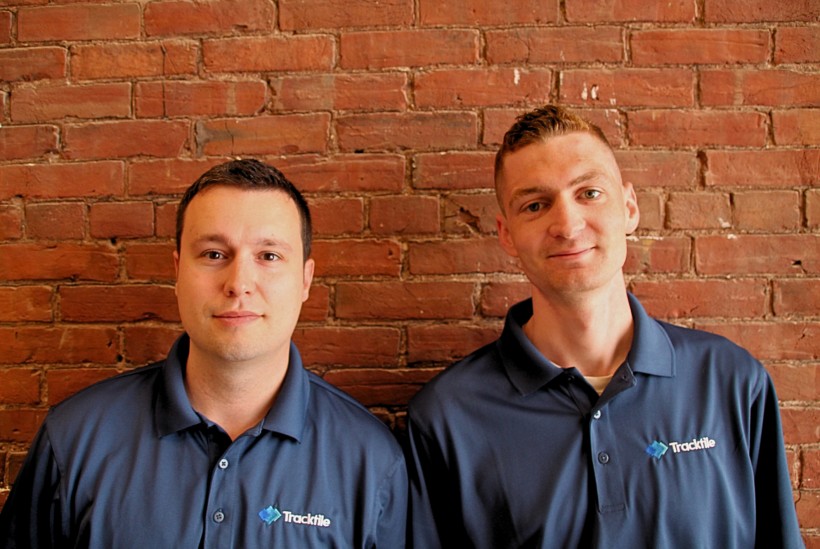
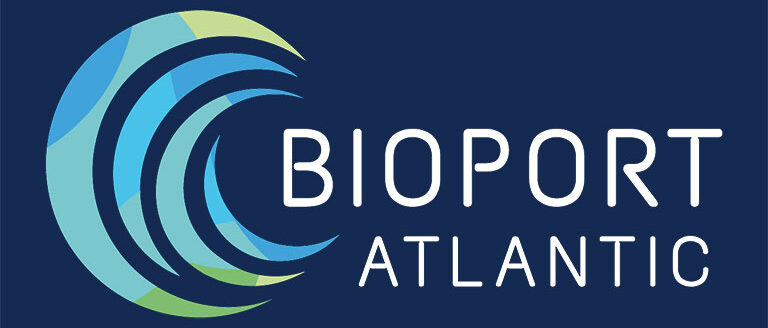


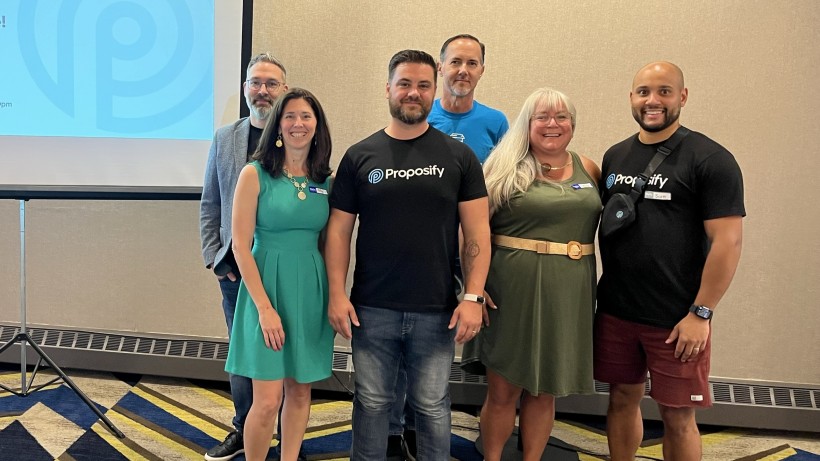
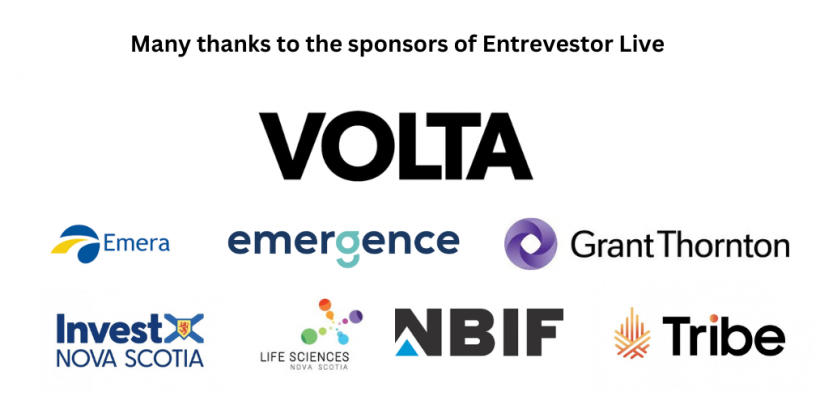




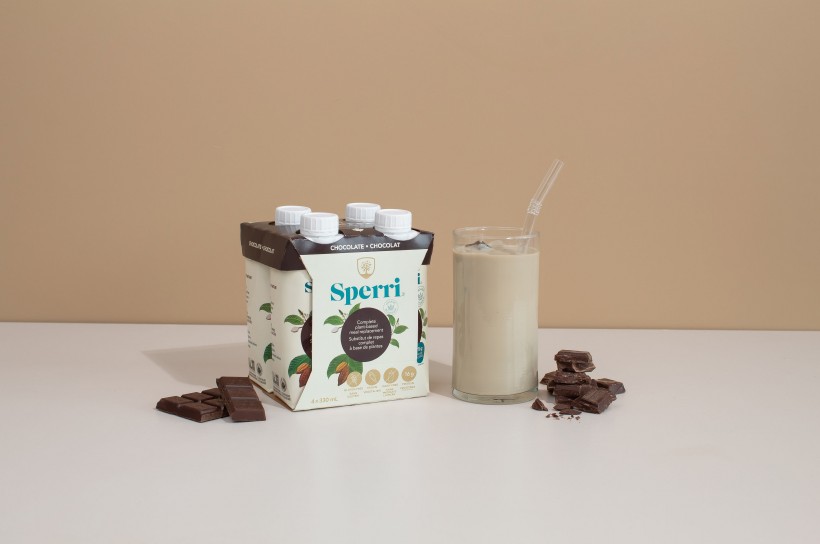






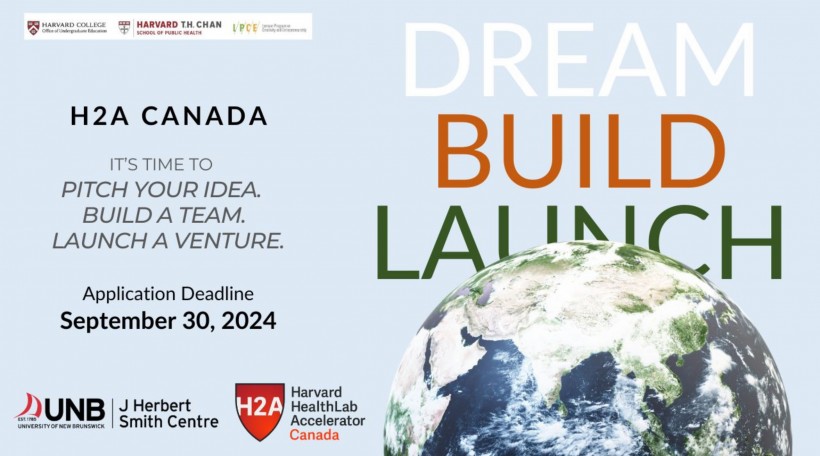


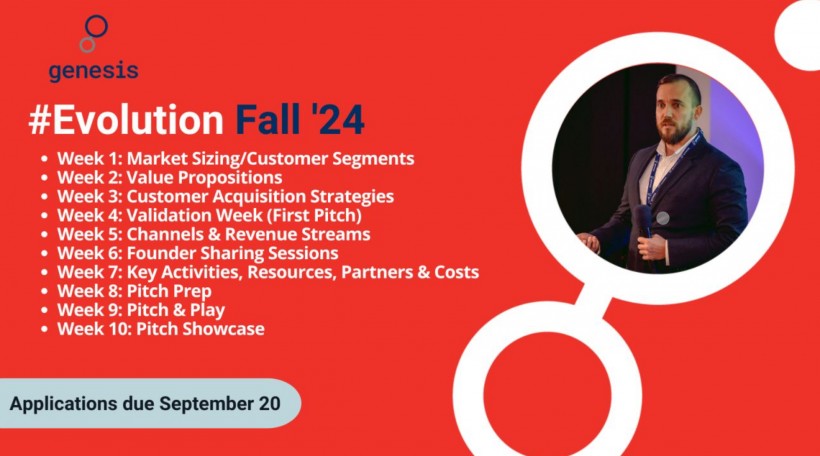
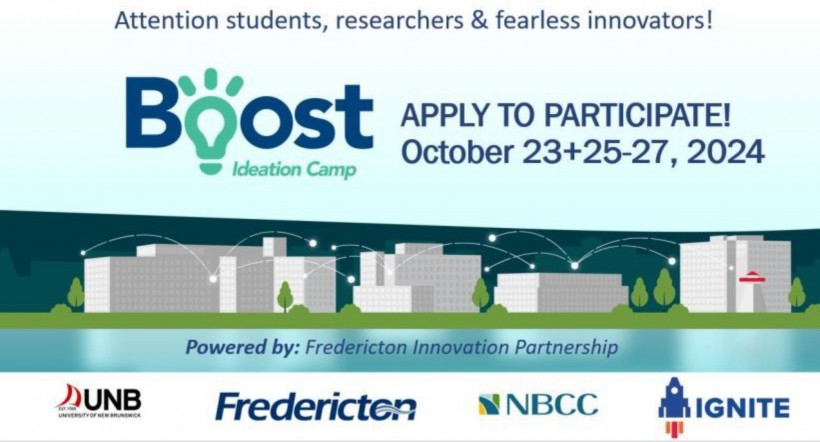
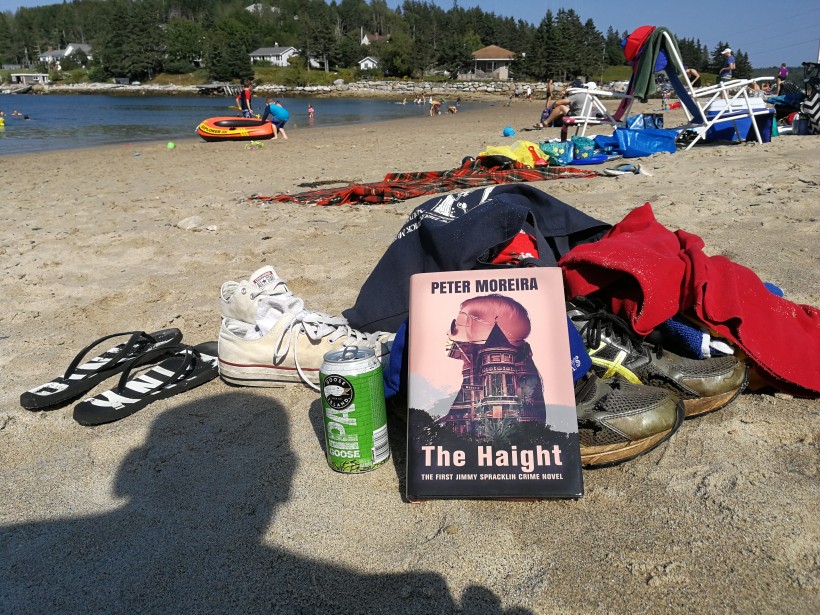
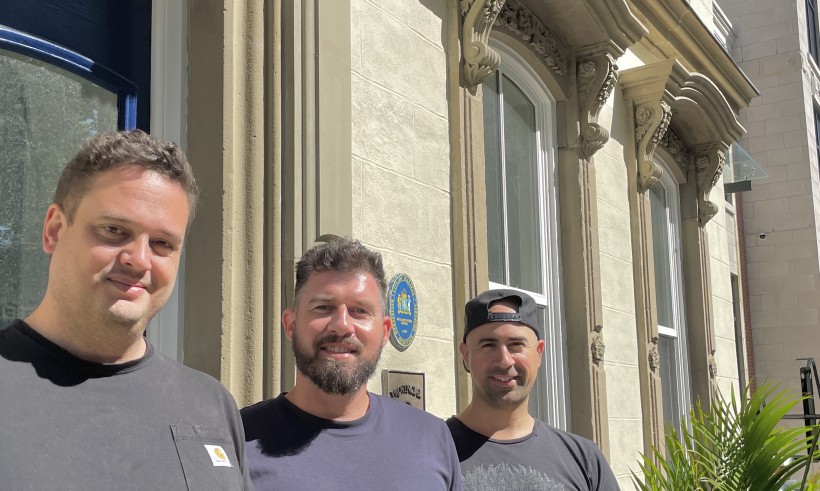
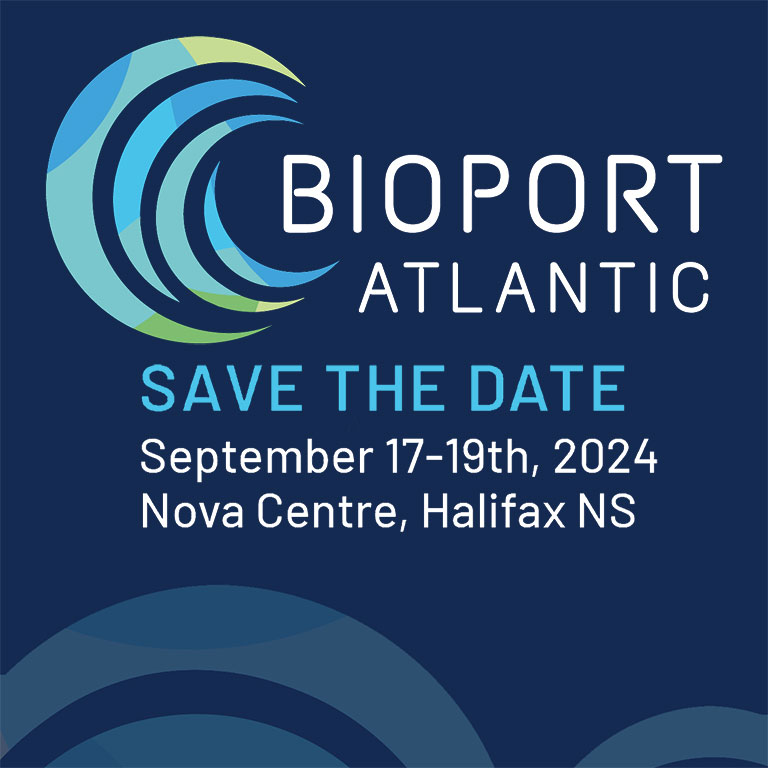
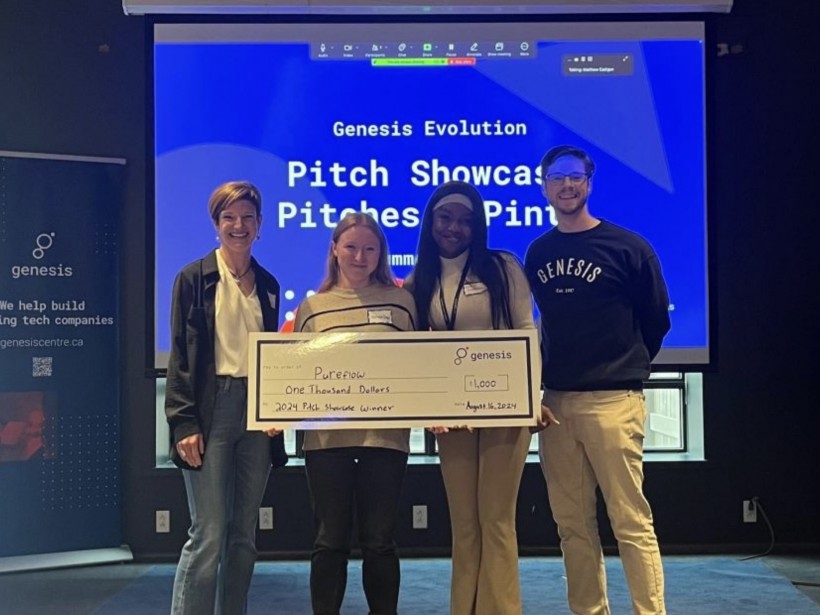


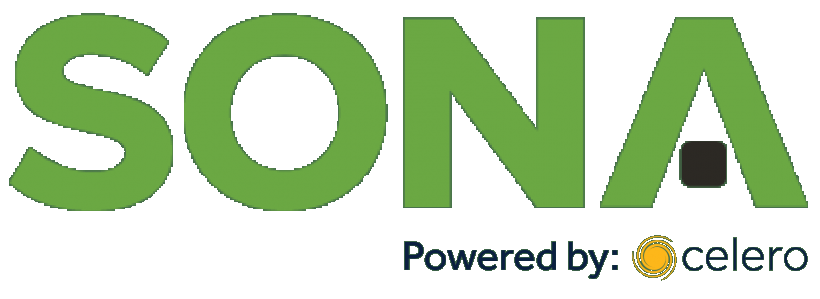





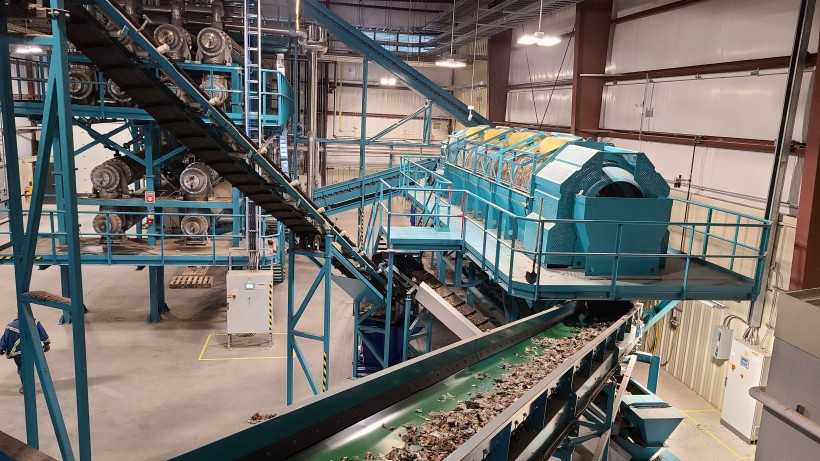



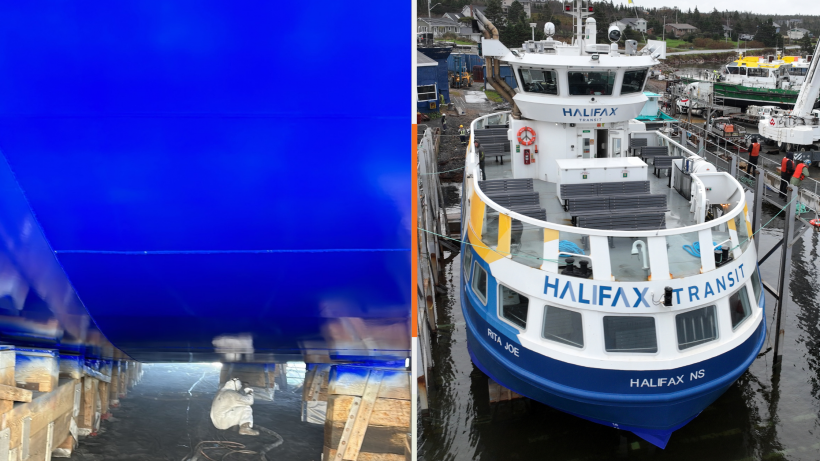
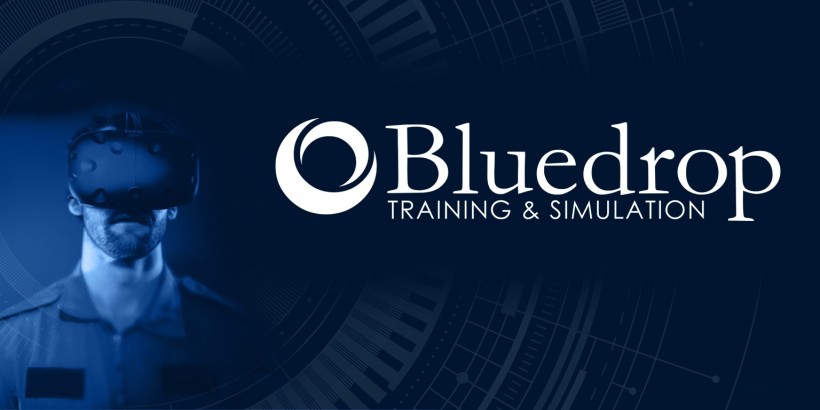
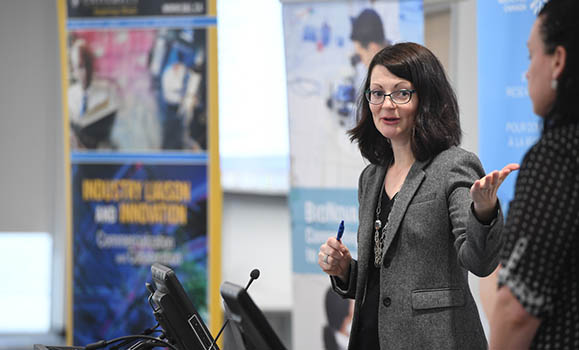
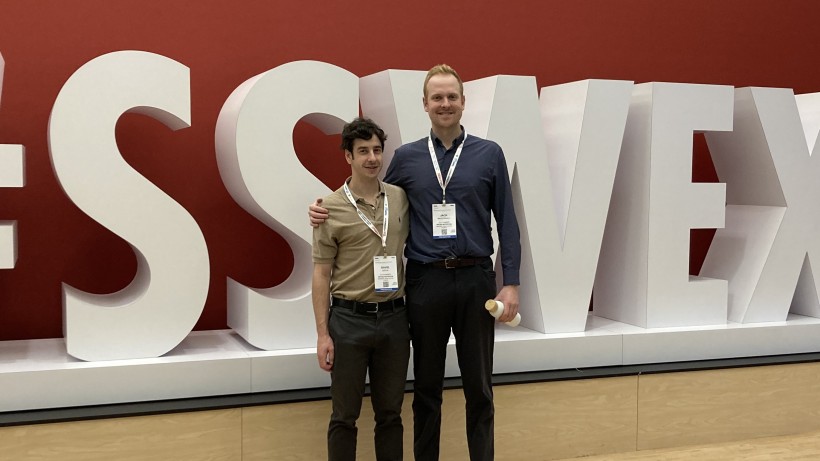
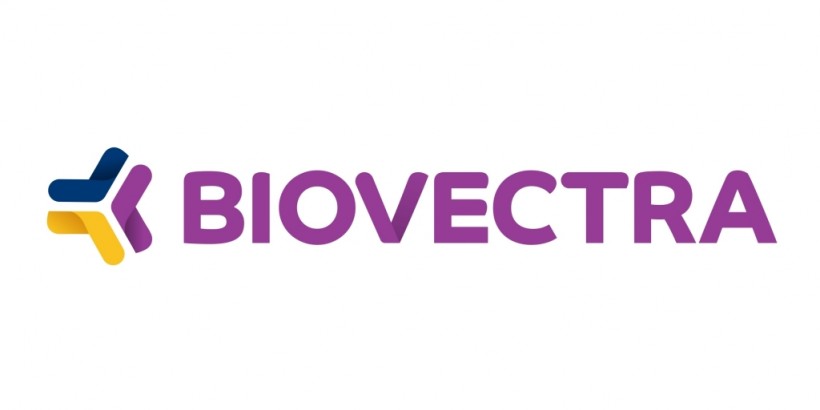


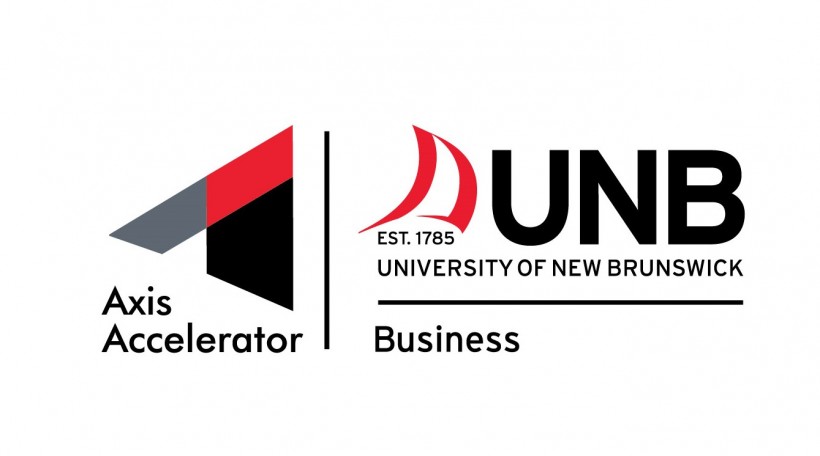



Have your say, post a comment